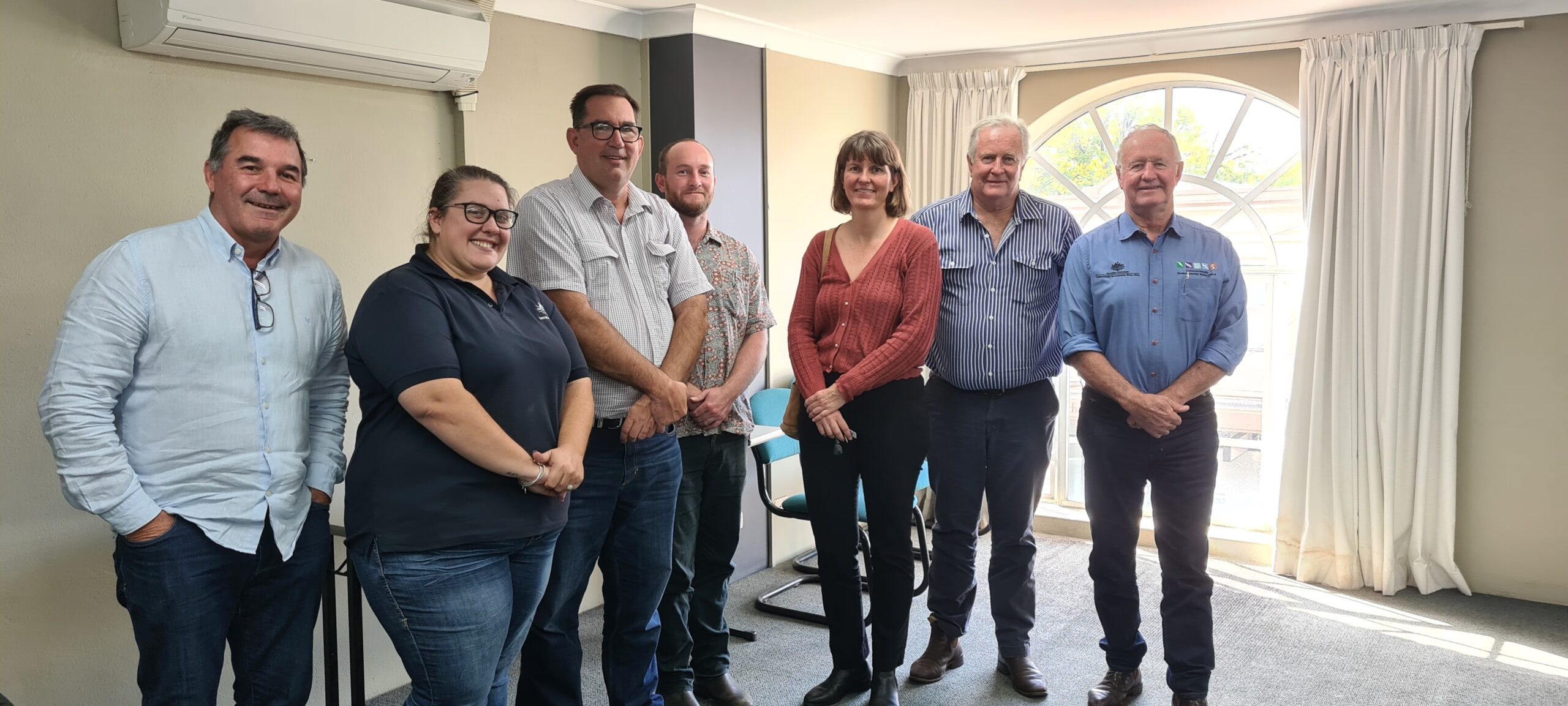The Commonwealth Environmental Water Holder’s (CEWH) Science Program funds the Flow Monitoring, Evaluation and Research (Flow–MER).
We would like to acknowledge the Anaiwan People of the Armidale region and surrounds on whose lands we met. We would like to acknowledge the Nations we collaborate with, they are the Kurnu-Baakandji People who are the Traditional Owners of the Warriku (Warrego) and Baaka (Darling) Rivers and the Gomeroi People who are the Traditional Owners of the Guwayda (Gwydir) catchment and surrounds. Thank you for sharing your Country and knowledge of the land, water and life with us. We pay respects to Elders past and present.
Author Tamara Kermode.

On Tuesday the 16th of April the 2rog/UNE team hosted a workshop in Armidale with communication and engagement staff from the Commonwealth Environmental Water Holder (CEWH), Murray-Darling Basin Authority (MDBA), Inspector General Water of Compliance (IGWC) and the University of New South Wales (UNSW) (Figure 1). It was a blended meeting with in-person and online participants discussing engagement activities in the vast area of the Northern MDB. Sharing and collaborating were the themes. Community engagement concerning our rivers and water is a critical issue and collaboration across active agencies and programs is important so that the communities are provided with clear and consistent information. This informal group will continue to interact and share approaches, events and feedback to improve our communication in the region and outcomes for communities.
Key Upcoming events
- May 24th – 25th Narran Lake Nature Reserve Open Day
- For more information please contact barwon@environment.nsw.gov.au by 30 April or call NPWS Narrabri on 02 6792 7300.
- June 19th – 20th River Reflections Conference 2024
- July 8th – 11th Murray Darling Association 80th National Conference
Recurring network opportunities include:
- Gwydir First Nations Environmental Water Group
- MDBA Northern Basin Comms and Engagement Network Meeting
- WaterNSW Customer Advisor Groups
- MDBA Lower Balonne Round Table
- MDBA Northern Basin Regional Community Forum
Managing water for the environment is a collective and collaborative effort, working in partnership with communities, private landholders, scientists and government agencies – these contributions are gratefully acknowledged.
We acknowledge the Traditional Owners of the land on which we live, work and play. We also pay our respects to Elders past, present and emerging.


